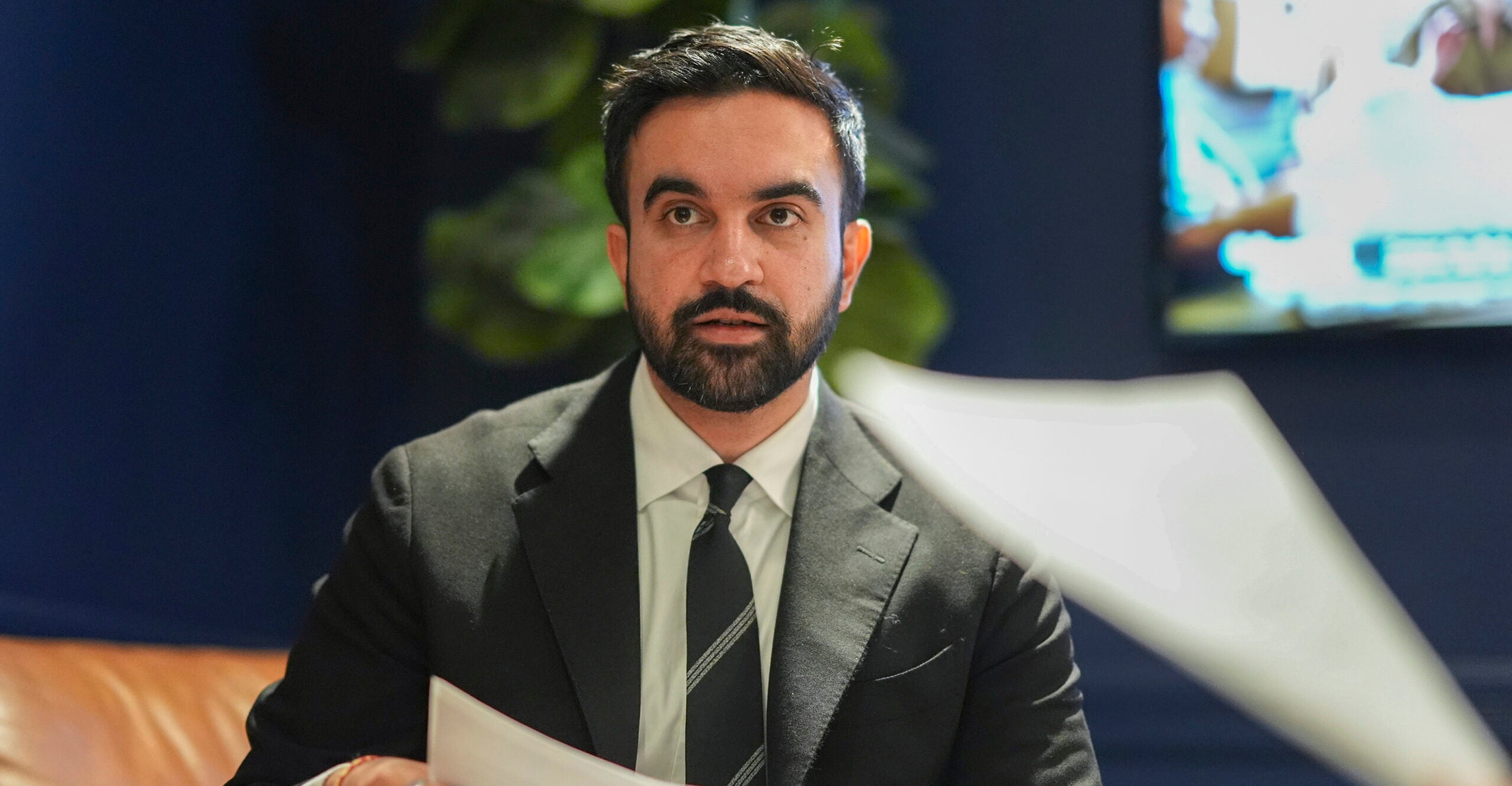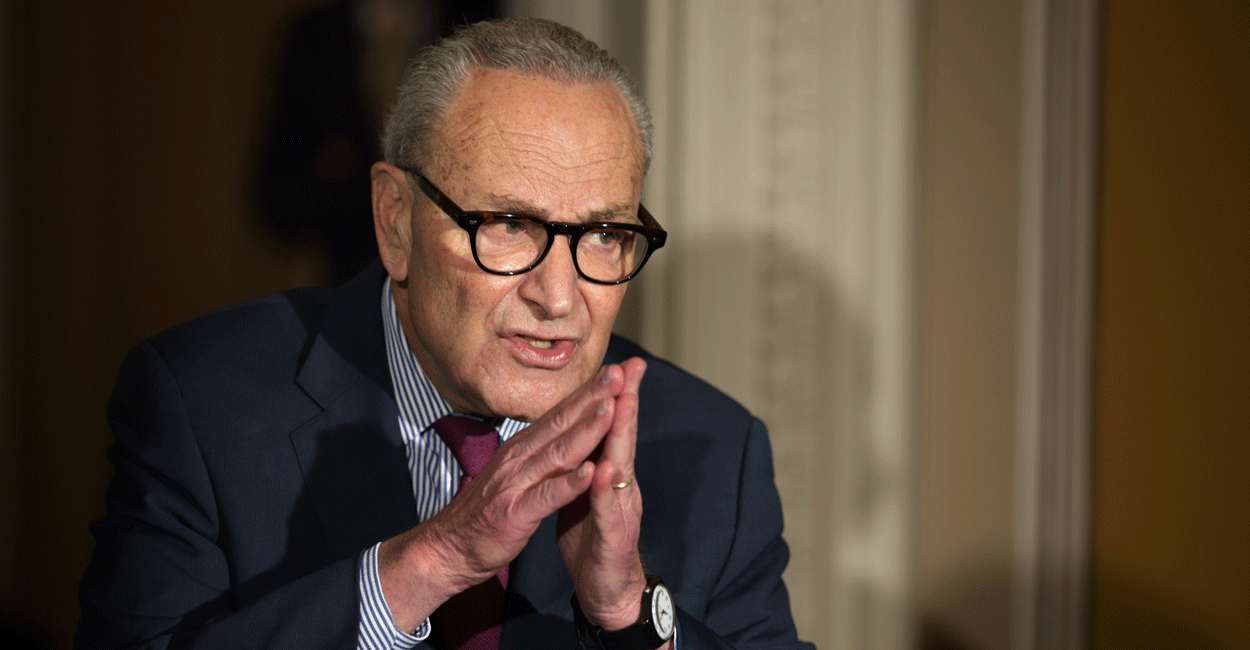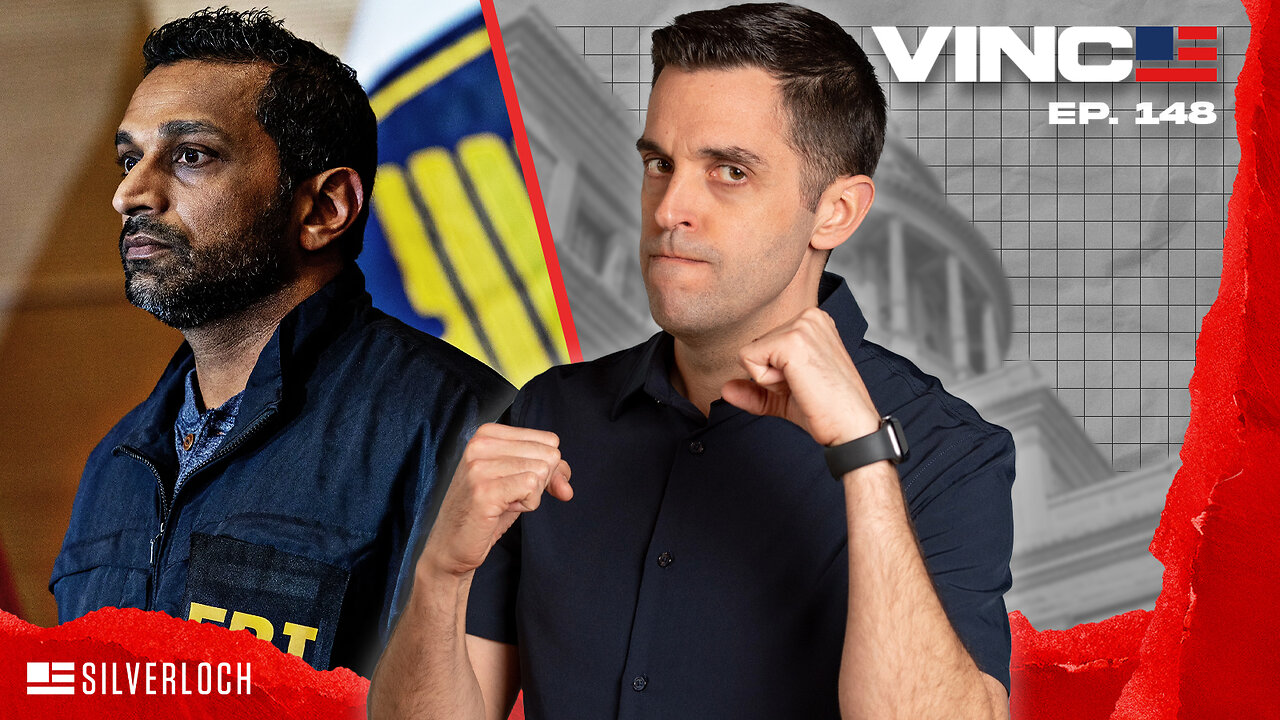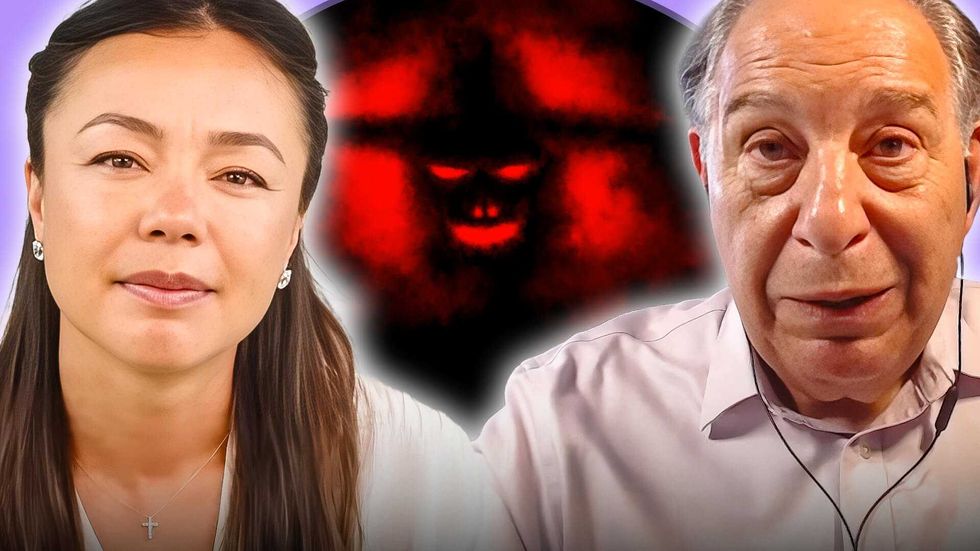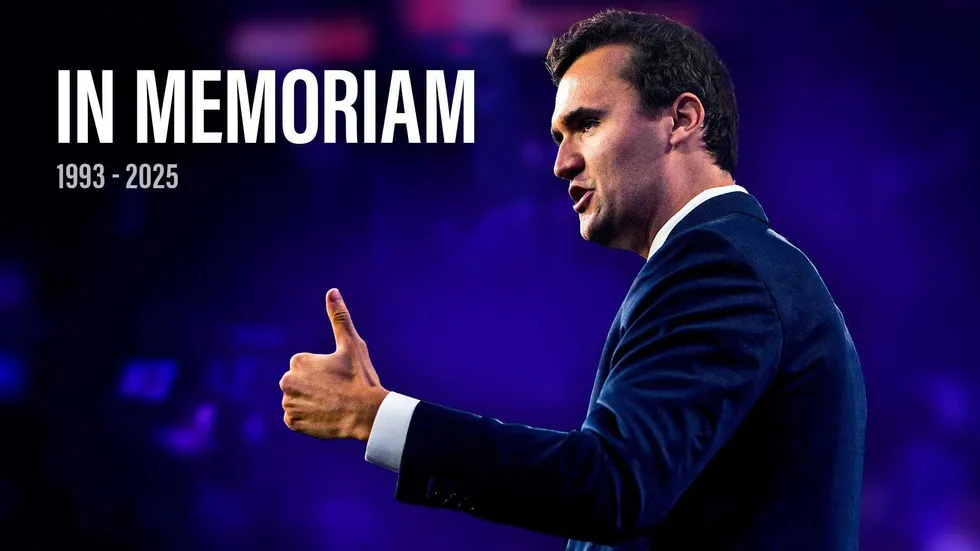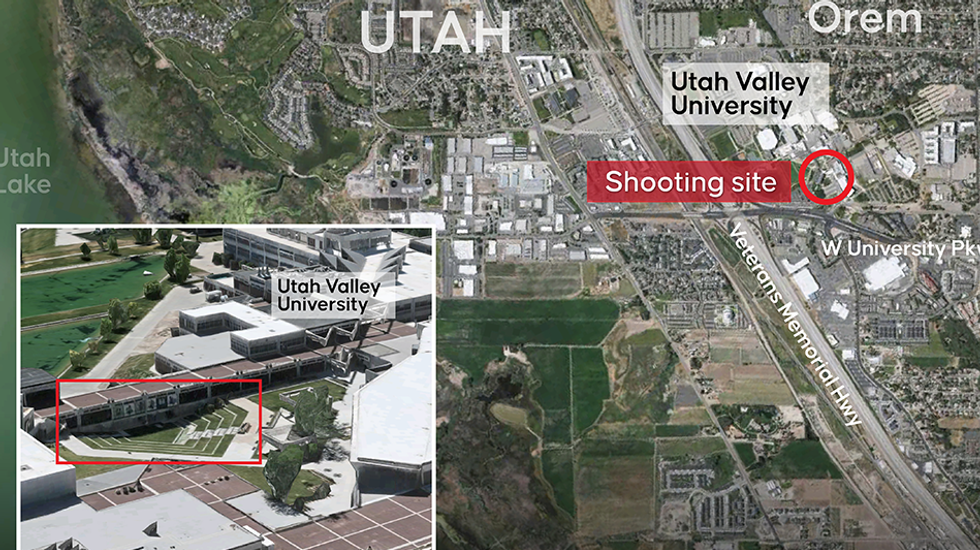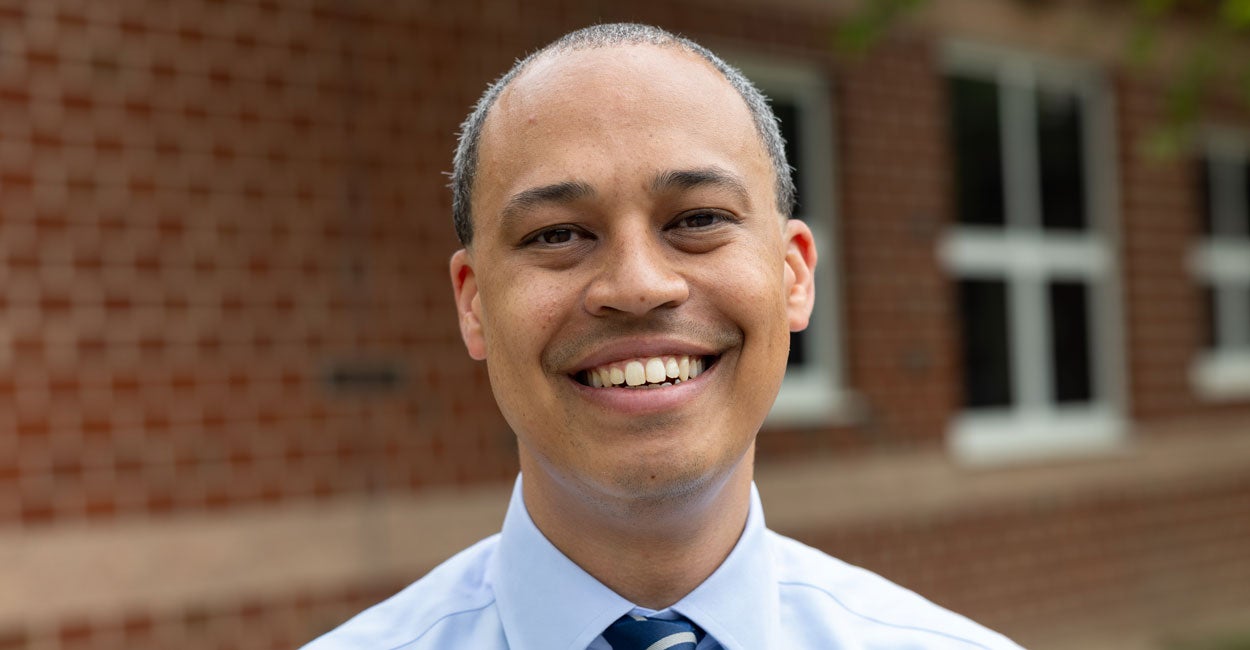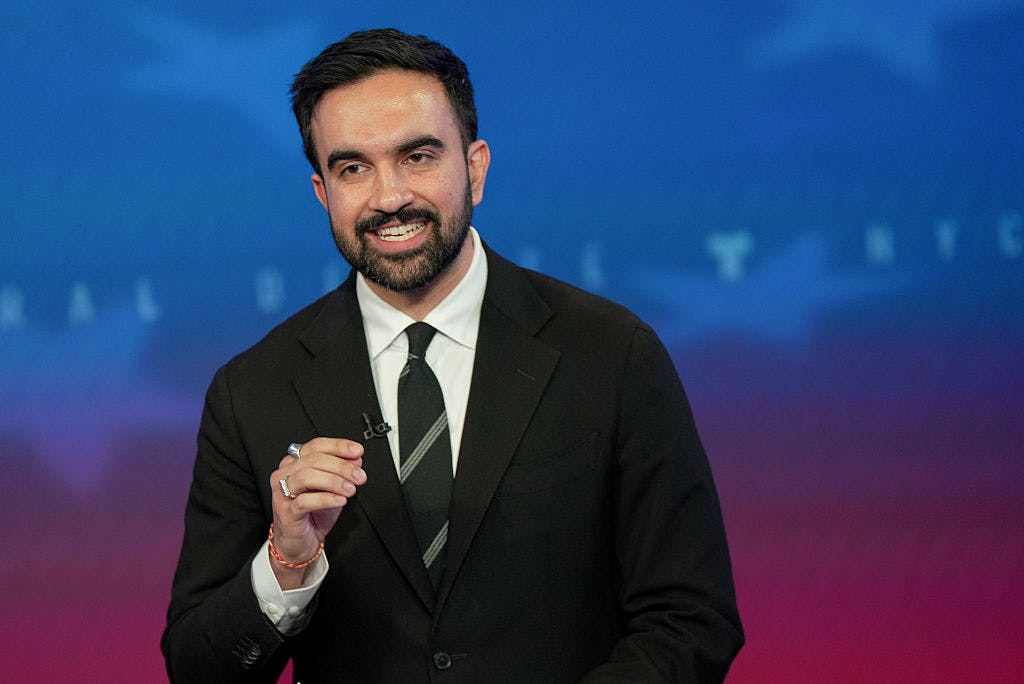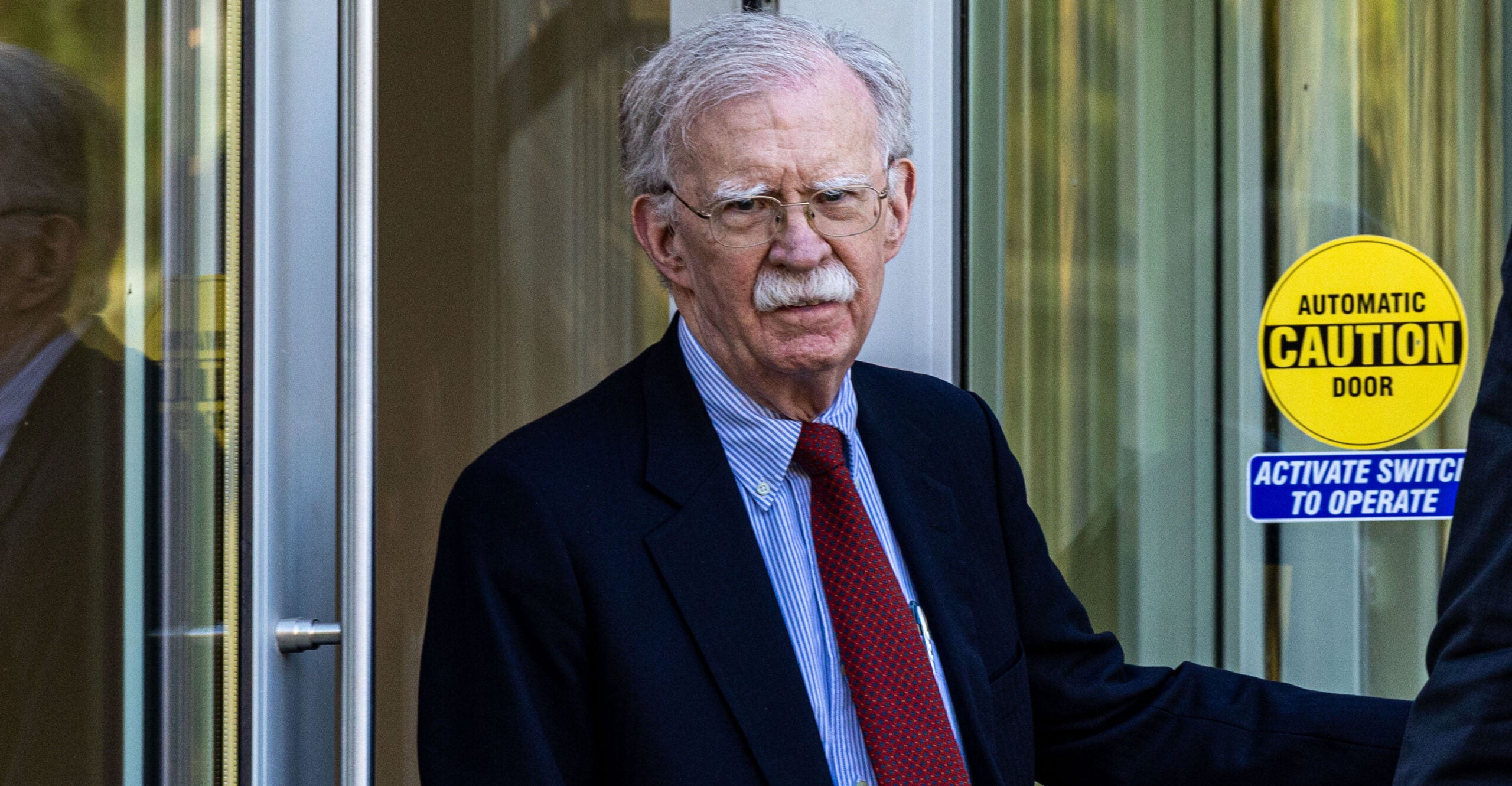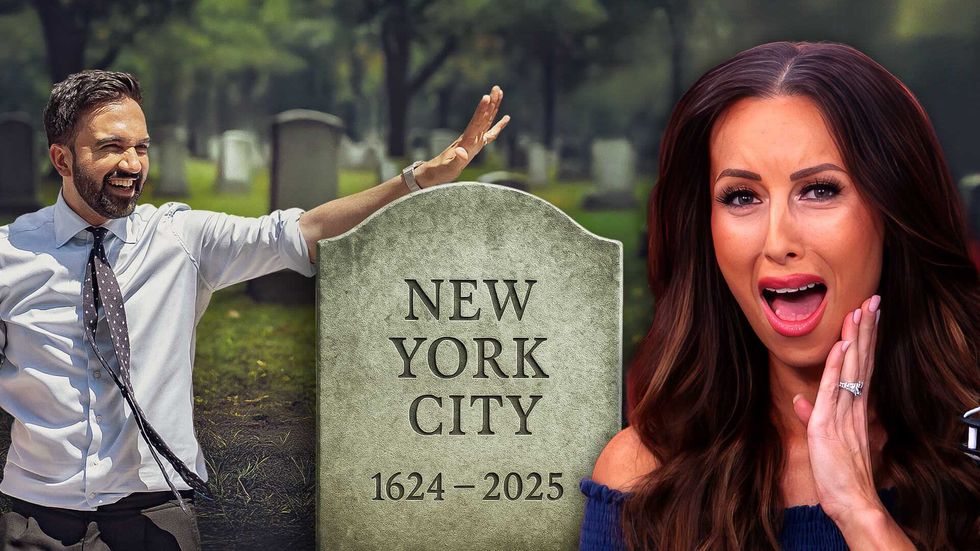Should Parents Discard Embryos at High Risk for Becoming Fat?
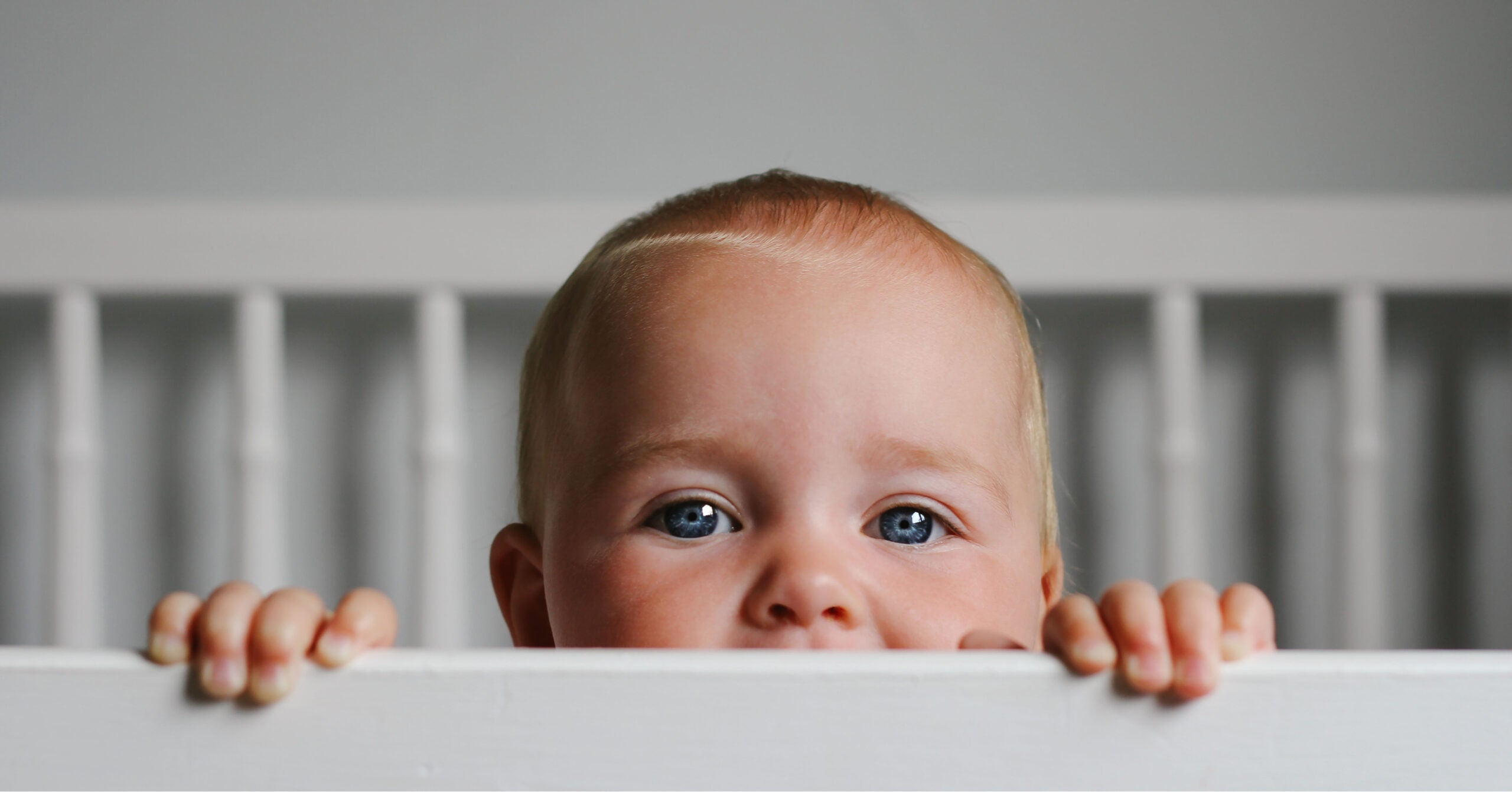
“Have it your way” isn’t just for fast-food burgers anymore.
It’s also for babies.
Orchid, which labels itself as “the world’s most advanced whole genome screening for embryos during IVF,” was highlighted in a recent New York Times article headlined “This baby was carefully selected as an embryo.”
Orchid, writes journalist Anna Louie Sussman, “screens embryos’ DNA for hundreds of conditions” and also “offer[s] what is known as polygenic screening, which gives parents what is essentially a risk profile on each embryo’s propensity for conditions, such as heart disease.”
If you could prevent your child from going blind — would you? From getting pediatric cancer at 5? From heart defects? Schizophrenia at 22?
From living a life radically altered by pure genetic bad luck?
This is a choice parents are now able to make. pic.twitter.com/eHFff6G67P— Noor Siddiqui (@noor_siddiqui_) April 1, 2025
Parents who opt to use Orchid get an extensive analysis of their embryos’ risk analysis for a variety of health conditions, including (but not limited to) autism, severe obesity, Alzheimer’s, inflammatory bowel disease, schizophrenia, diabetes, and breast cancer.
In a 2024 video, Orchid founder Noor Siddiqui compares the screening of two of her 16 embryos. Embryo 2 and Embryo 3, Siddiqui notes, are both “chromosomally normal.” But Embryo 3 has an elevated risk for breast cancer. Embryo 2, she adds, has an elevated risk for celiac disease.
Left unknown is whether either Embryo 2 or Embryo 3 will get a chance to grow up.
Welcome to our brave new world.
“The last thing that I would want is ‘Hey, we already today know that … this genetic disease exists, but … umm … I just didn’t bother just to see if that’s something that would affect my future child,’” Siddiqui says earnestly in the video.
“I think, basically, sex is for fun and embryo-screening is for babies,” she adds. “I think that it’s going to become insane not to screen for these things.”
Insane?
SO INCREDIBLY PROUD to share 2 HUGE updates:
1) The first baby was born using @OrchidInc technology — and he’s super cute ?
2) I tested my own embryos with Orchid — we got SO much information & l feel confident now ?
This is the future of how babies will be born! pic.twitter.com/cKkO3byVuv— Noor Siddiqui (@noor_siddiqui_) April 22, 2024
The ugliness of Orchid is that once you do embryo-screening, you already have a human being.
Don’t take my word for it. Take the word of Leah Culver, whose son Japhy was the first Orchid baby born. In the video, she shows her son, then three months old, a photo of him in his embryo stage.
“That’s you, Bud,” Culver coos to her son. “That’s you when you were like five cells. … Five days old.”
Lucky Japhy, whose genetic risks weren’t high enough to keep him mired in a frozen world forever, unable to grow and develop because of a parent’s fear that one day he might be fat or have digestive issues.
Nor is Orchid alone in this. A competitor, Genome Prediction, offers similar testing, allowing you to look at your embryos’ respective risks for diseases, such as asthma and melanoma (skin cancer).
Of course, it’s understandable that parents ideally want healthy children. No one wants to see their children suffer.
Siddiqui cites her mother’s disease of retinitis pigmentosa, which causes blindness, as inspiring her to start Orchid. No doubt her mother’s suffering was awful.
But would her mother have preferred to have remained a frozen embryo forever or have died, rather than be blind?
And should parents’ goal be to ensure their children suffer as little as possible?
Of course, parents shouldn’t seek out suffering for their children. But suffering is sometimes critical to producing certain types of great souls. That’s not a popular view in our hedonistic culture—or one that any of us easily accept. But while we should readily reject the idea of imposing suffering on anyone, we should also pause at the idea of saying life is only worth living if it’s unaccompanied by suffering.
Furthermore, it’s not like these companies can guarantee success.
Sure, parents may pick the lowest-risk embryo of the lot as the one that gets to stay alive and grow up. But that doesn’t guarantee control. That doesn’t guarantee that the child won’t lose a dear friend or loved one to a car accident or other early death. That doesn’t promise that the child will never be hurled into an era with political or violent upheaval. That doesn’t ensure the child will never be up at 3 a.m., eyes blinking, heart pounding from an unexpected nightmare and that bleak nighttime sense of despair.
Parents, too, have the ability to use these services to screen for more than health.
Take Malcolm and Simone Collins, who publicly advocate for large families and have produced over 40 embryos, some of whom they have screened.
Writing of their experience, Sussman reports that Simone Collins says “[a]necdotally, the tests’ predictive power for behavioral traits—one of the metrics guiding their choice to implant the two embryos that are now their daughters—appears to be strong.”
“The Collinses said they wanted daughters who were ‘low stress,’ and lo and behold, Ms. Collins said, ‘ultimately both of our daughters are extremely chill and genial,’” Sussman adds.
How wonderful.
Isn’t that what parenthood is about, plucking the child out who best fits your preferences and discarding the rest?
Why should parenthood be something where the parents are challenged, where they are given children who stretch them with personalities that differ from their own or their own favored personalities? Why not just kick back and order some kids who seem to fit your desires for having a certain kind of parenthood experience?
It’s easy to see how this technology quickly creates a universe where children, like wedding venues and houses and cars and designer goods, are just another way for a couple to showcase their personality and preferences. That’s a stark contrast to the Judeo-Christian view of children as being given by God to parents, a blessing from above, not a lifestyle enhancement carefully selected to fit, not upend, a way of life.
Embryo screening is also a bleak way of looking at our technological future. We have made tremendous advances in medicine in the past 100 years. Who’s to say that there won’t be a cure or at least significantly better treatment for, say, breast cancer and Alzheimer’s by the time these children are old enough to potentially be affected?
We’re better than this—or should be.
All children, all embryos deserve love and a chance to grow up, regardless of their risks for irritable bowel syndrome or obesity, schizophrenia or cancer. That shouldn’t be a radical statement. But in our bleak times, it apparently isn’t an uncontroversial stance.
The post Should Parents Discard Embryos at High Risk for Becoming Fat? appeared first on The Daily Signal.
Originally Published at Daily Wire, Daily Signal, or The Blaze
What's Your Reaction?
 Like
0
Like
0
 Dislike
0
Dislike
0
 Love
0
Love
0
 Funny
0
Funny
0
 Angry
0
Angry
0
 Sad
0
Sad
0
 Wow
0
Wow
0



